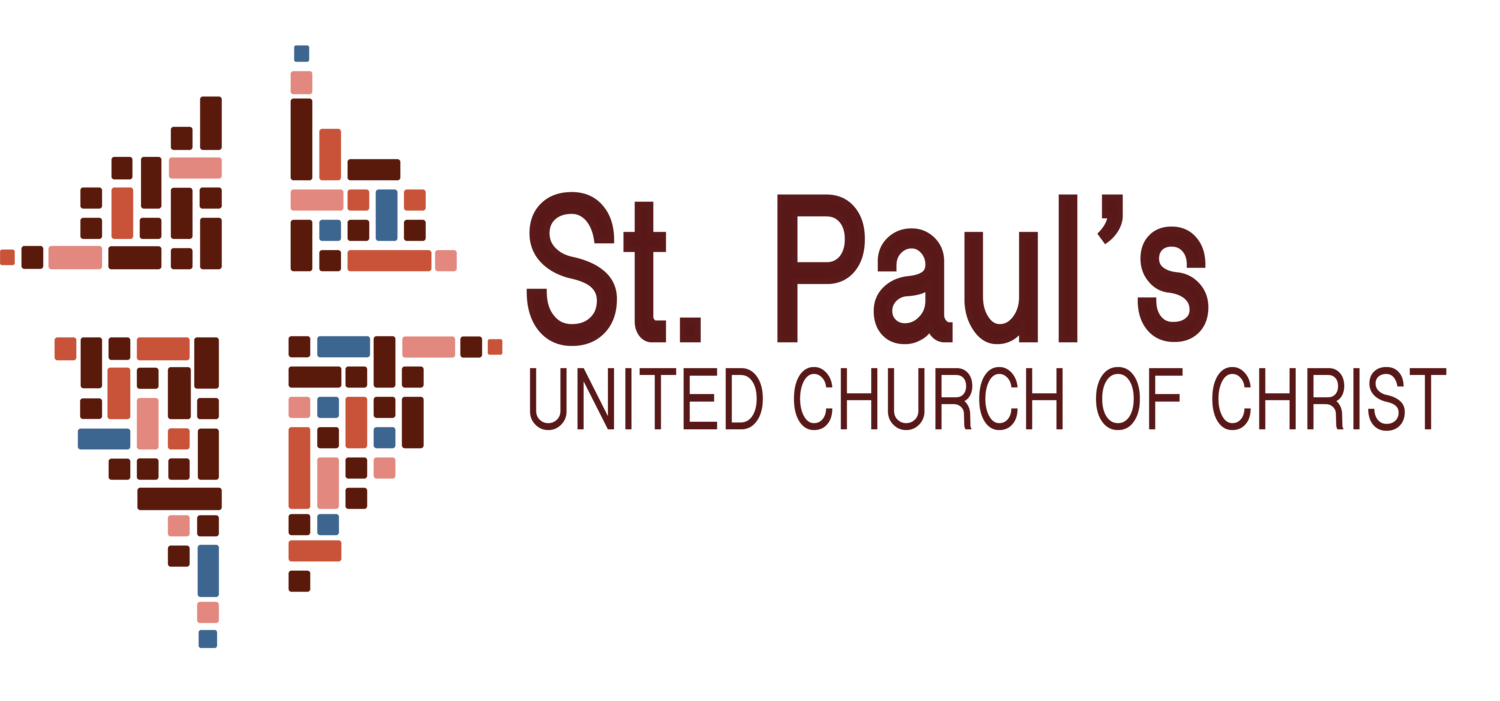A Lenten Reflection by Jennifer Atterberry
Tuesday, March 25, 2025
Like many people, my views around Lent and religion in general have been shaped by my family and how I grew up. My parents took me to church and encouraged prayer, but they didn’t explain topics such as what Lent means in the church year, or why people give things up for Lent.
When I was in high school, I moved to the same small town as my grandparents. My grandpa was a retired Lutheran pastor and I remember that he encouraged me to go to church with him a few times on Wednesdays during Lent. He explained that Lent was a reflective and sacred time before Easter. It was a time to lean into spirituality and think about what our Christian faith means as Holy Week approaches. This shifted my perception of Lent away from “giving something up” and more towards doing something reflective.
Over the past several years I have been motivated to participate in Lenten book reads at St. Paul’s UCC as a way of doing something reflective during Lent. This year we’re reading My Grandmother’s Hands by Resmaa Menakem. This is a book about the inherited trauma that lives in our bodies as a result of the racist and violent history of our country. There is a lot to be gained from reflecting on how generations of trauma manifest today. The first step is acknowledging the reality of racialized trauma and its effects on everyone. It is at times uncomfortable work. Menakem describes it as clean pain: “pain that mends and can build your capacity for growth.” Although it can be painful at times, I use Jesus’ Lenten journey as inspiration to learn and reflect in a journey toward healing.


